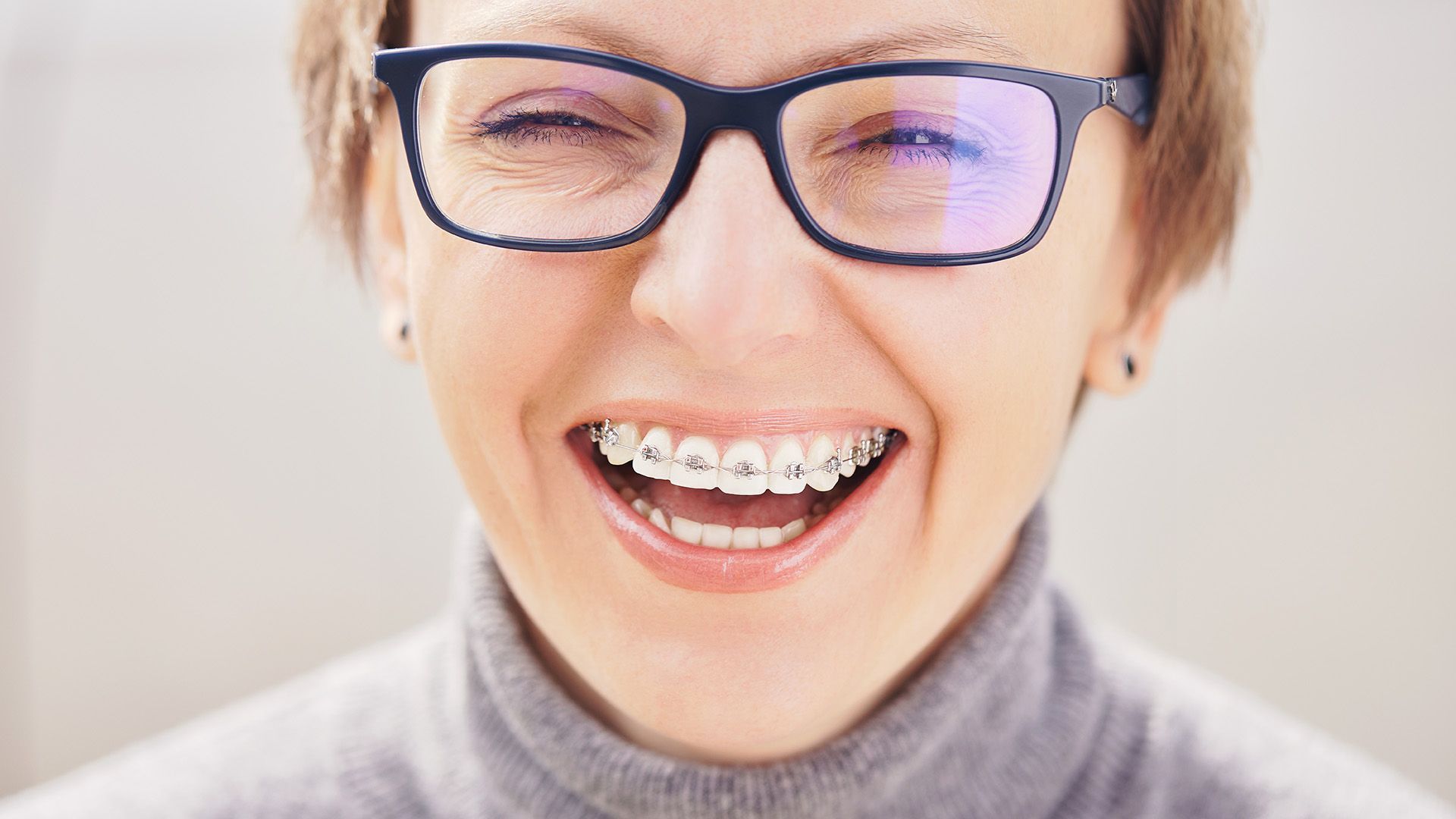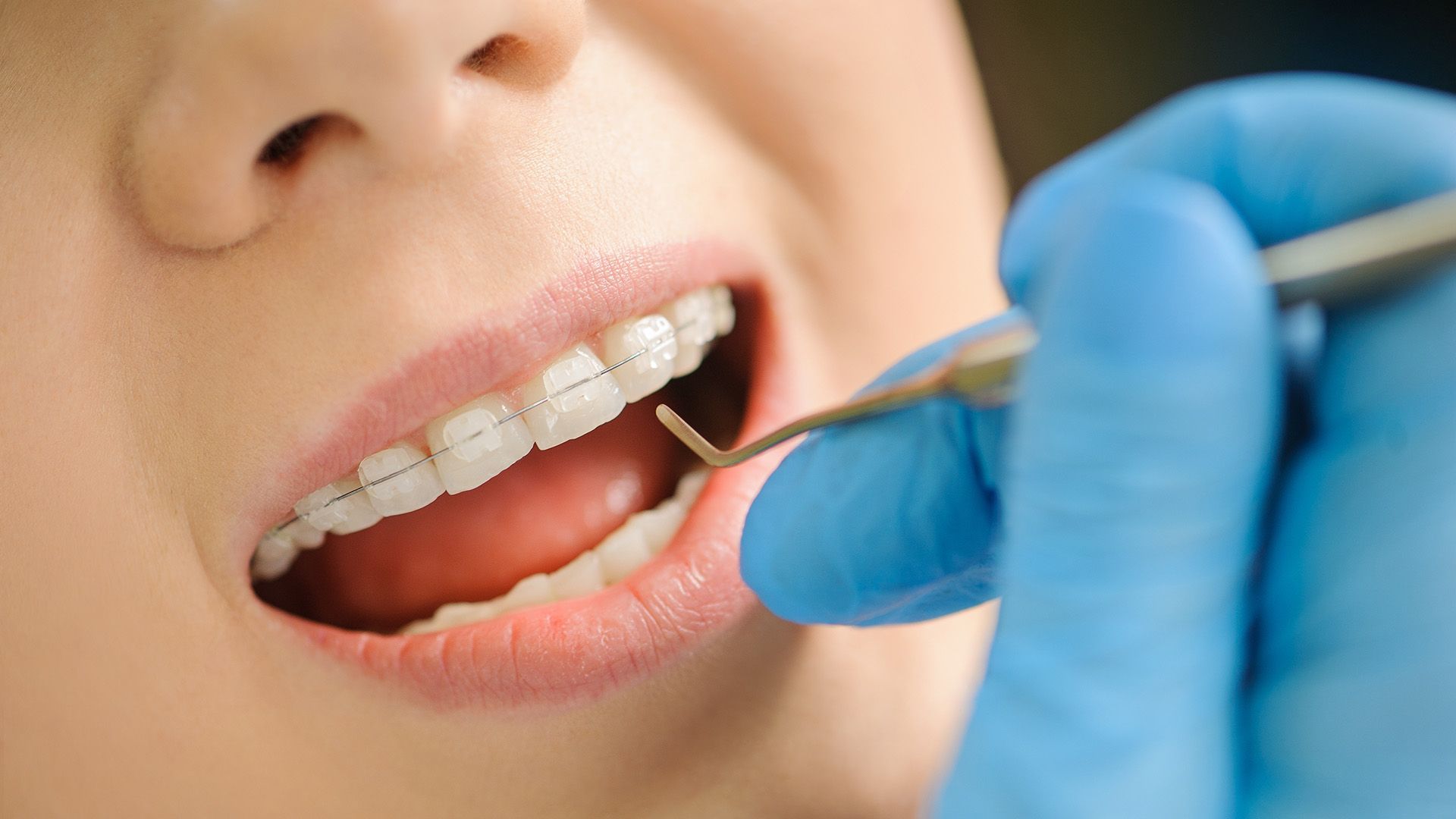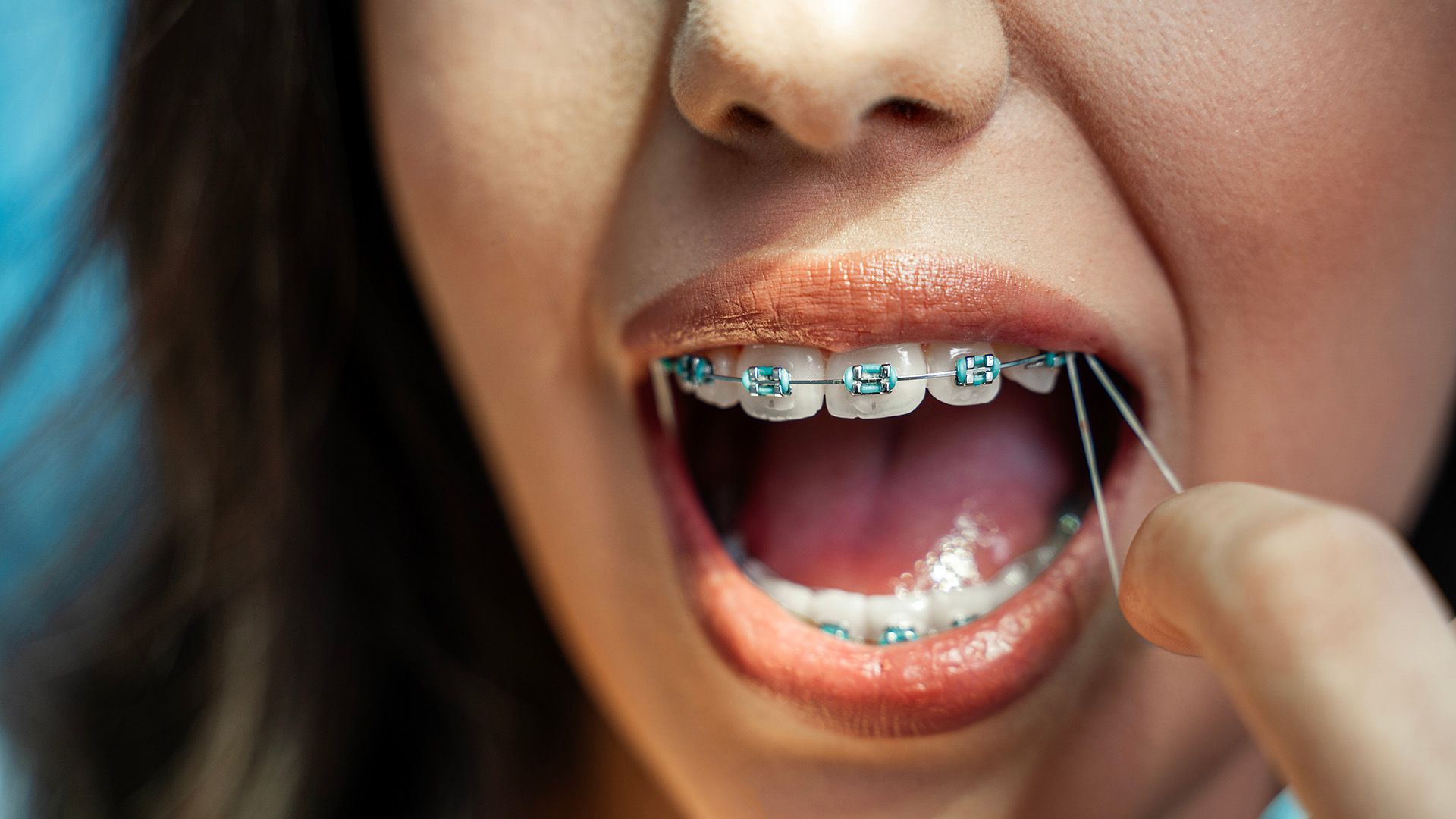How Orthodontic Treatment Can Improve Your Sleep and Why It Matters
Understanding how orthodontic treatment can improve your sleep and why it matters is crucial for anyone seeking better overall health. While orthodontic care is often associated with enhancing your smile's appearance, its benefits extend beyond aesthetics. Misaligned teeth and jaw issues can significantly affect sleep quality, potentially leading to conditions such as sleep apnea and snoring. Recognizing how orthodontic treatment can improve your sleep underscores the vital link between oral health and restful nights. This article explores this connection, the advantages of orthodontic treatment, and how you can begin your journey toward better sleep through effective orthodontic solutions.

The Connection Between Orthodontics and Sleep
Many people are unaware of how orthodontic treatment can improve your sleep. Dental alignment significantly impacts sleep quality. Disorders like obstructive sleep apnea (OSA) and snoring often stem from misaligned teeth and jaws. An improperly positioned jaw can obstruct the airway, making breathing difficult during sleep, leading to sleep disruptions and long-term health issues. Proper alignment of the jaw and teeth is crucial for maintaining an open airway. A misaligned bite can cause the tongue to fall back into the throat, increasing the risk of airway blockage during sleep. This results in frequent awakenings and a decline in rest quality, contributing to daytime fatigue and other health complications. By addressing these alignment issues through orthodontic treatment, breathing patterns during sleep can often be improved.
Moreover, oral health and sleep quality are closely linked. Poor dental alignment can contribute to bruxism, where individuals grind their teeth at night, causing further sleep disturbances. Optimal oral health is essential not just for a beautiful smile but also for restful sleep. By seeking orthodontic treatment, patients can enhance overall health, improve sleep quality, and enjoy more rejuvenating nights.
Benefits of Orthodontic Treatment for Sleep Quality
Understanding how orthodontic treatment can improve your sleep is vital, especially for those suffering from sleep apnea. Sleep apnea is characterized by interrupted breathing during sleep, often due to jaw and teeth misalignment. By addressing these issues, orthodontics can reduce sleep apnea symptoms, leading to more restful nights and improved health.
In addition to alleviating sleep apnea, orthodontic treatment can enhance overall sleep patterns. Properly aligned teeth and jaws support optimal airway function, essential for uninterrupted breathing during sleep. A clear airway allows for deeper, more restorative sleep cycles, enabling individuals to wake up feeling refreshed.
The long-term health benefits of improved sleep are significant. Quality sleep is vital for cognitive performance, emotional well-being, and immune system strength. Investing in orthodontic treatment offers immediate improvements in sleep quality and lays the foundation for long-term health benefits that extend far beyond the bedroom.
Signs That Orthodontic Issues May Be Affecting Your Sleep
Many people may not realize how orthodontic treatment can improve your sleep. A common symptom is teeth grinding, or bruxism, often occurring during sleep. This can lead to waking up with a sore jaw, headaches, or worn-down teeth. If you frequently clench your jaw or grind your teeth at night, consulting an orthodontist to explore treatment options may be beneficial.
Another condition affecting sleep is obstructive sleep apnea (OSA), a disorder involving repeated breathing interruptions during sleep due to airway blockage. Symptoms include loud snoring, gasping for air during sleep, and excessive daytime sleepiness. Teeth and jaw misalignment can contribute to this condition, making addressing orthodontic issues crucial for improving sleep quality.
Misalignment can also lead to snoring, affecting not only your sleep but also those around you. Improper alignment can obstruct the airway, causing snoring. Correcting these misalignments through orthodontic treatment can promote better airflow and reduce snoring, resulting in more restful sleep for you and your loved ones.
Orthodontic Solutions for Better Sleep
Orthodontic treatment can significantly enhance sleep quality. Braces and aligners address breathing issues related to misaligned teeth and jaws. Misalignment can obstruct airways, making breathing difficult during sleep. Correcting these issues with orthodontic solutions can improve airflow, essential for restful sleep.
Orthodontic appliances, like expanders, effectively treat sleep disorders such as obstructive sleep apnea. These devices reposition the jaw and tongue, keeping the airway open and preventing breathing interruptions. Integrating these treatments into a comprehensive approach can lead to significant improvements in sleep patterns and overall health.
Through personalized treatment plans specifically tailored for sleep improvement, orthodontic solutions address how orthodontic treatment can improve your sleep. Experts assess your needs and develop a plan addressing orthodontic concerns and sleep quality. By taking a holistic approach, you can enjoy better sleep alongside a beautiful smile.
Your Journey to Improved Sleep with Orthodontics
Before starting orthodontic treatment, understanding how orthodontic treatment can improve your sleep ensures a successful journey. Schedule a comprehensive consultation with your orthodontist to discuss sleep-related concerns and undergo diagnostic imaging to assess dental and jaw alignment. Your orthodontist will create a personalized treatment plan, possibly including braces or aligners to address misalignments contributing to sleep disturbances.
During treatment, expect regular appointments to monitor progress and make necessary adjustments. Many patients report sleep quality improvements as treatment progresses, often due to better jaw alignment alleviating issues like snoring or sleep apnea. After completing treatment, wearing a retainer helps maintain results, ensuring improved sleep patterns continue.
Maintaining excellent oral health is crucial to sustaining the benefits of orthodontic treatment on sleep. Regular brushing, flossing, and routine dental check-ups prevent complications like gum disease or tooth decay that might disrupt sleep. By prioritizing oral hygiene, you can enjoy lasting benefits from orthodontic treatment, leading to improved sleep and overall well-being.













